The Marriage of Figaro is so much a part of Glyndebourne’s history that it’s sometimes hard to recall the details of this or that production. Michael Grandage’s current staging, though, will be easily remembered for its strong characteristics, both good and bad: for Christopher Oram’s marvellous Alhambra sets, for the brilliance and occasional vulgarity of Grandage’s direction, for its perfection of movement and timing and its almost total obliteration of the social distinctions on which the plot hinges. Saturday’s revival was a fine example of how a spectacular misconception can be validated by sheer dramatic conviction and musical excellence.
Grandage updates to, I suppose, the swinging Seventies. The Almavivas roll on during the overture in a smart red coupé, the Count is a Richard Branson lookalike with too much hair and a range of Carnaby Street suitings, the Act 3 wedding dance is a jive-in that flickers on in the background of Act 4; we are in an egalitarian micro-climate with mere traces of ancien regime, as opposed to a social straitjacket coming apart at the seams.
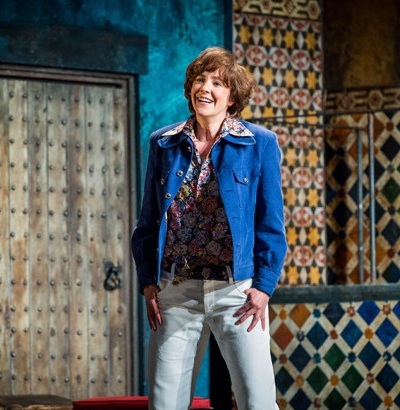 This could be ghastly but somehow isn’t, or at least only in passing. Why? Partly because the idea is internally consistent and more or less works on its own terms. Its failures are fleeting. The Count’s “Hai già vinto la causa” requires a grandeur that Joshua Hopkins is denied by the production, whether or not he has it at his own disposal. Cherubino’s passion for the Countess probably shouldn’t be consummated on her bedroom floor (Lydia Teuscher as Cherubino, pictured above).
This could be ghastly but somehow isn’t, or at least only in passing. Why? Partly because the idea is internally consistent and more or less works on its own terms. Its failures are fleeting. The Count’s “Hai già vinto la causa” requires a grandeur that Joshua Hopkins is denied by the production, whether or not he has it at his own disposal. Cherubino’s passion for the Countess probably shouldn’t be consummated on her bedroom floor (Lydia Teuscher as Cherubino, pictured above).
But the successes are more important. They start with the stage direction: sharp observation and crisp management from first scene to last. Some credit for this should go to the revival director, Ian Rutherford. This is a genuinely comic Figaro, but also a very touching one, and not only in the dénouement. Figaro’s garden duet with the disguised Susanna has a truth and precision, superbly conveyed by Adam Plachetka and Laura Tatulescu (pictured below), despite the absurdity of the situation (less than usual, though: Tatulescu’s disguise is almost too convincing); but even the recognition scene in Act 3, which is ludicrous even by the usual standards of opera buffa, touches some sentimental chord remote from the farcical deus ex machina spoof.
Of course none of this would cut much ice without singing and acting of the quality we now happily take for granted at Glyndebourne. The cast, entirely new from last year (with one significant switch), has no serious weakness and is rich in talent fresh to these shores – an extraordinary tribute to the company’s talent-spotting flair. Tatulescu’s Susanna is outstanding, witty, personable, agile-voiced but able to flood with warmth at the right moment, which “Deh vieni” certainly is, even though its passion – so typically of Mozart – is spurious, fed by anger.
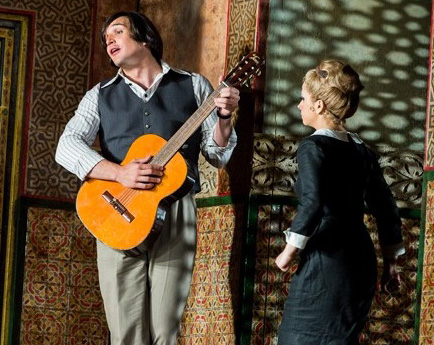 The production’s original Susanna, Lydia Teuscher, is now Cherubino, a role often taken by mezzos, but here sparkling in the hands of a genuine soprano who can throw off a tremulous, high-speed “Non so più” as if it were the easiest thing in the world. His/her tendency to melt at every mention of the Countess is admittedly understandable when the lady in question is the willowy Amanda Majeski, irresistible even when briefly tested by her Act 2 coloratura, superb in “Porgi amor” and, especially, “Dove sono.”
The production’s original Susanna, Lydia Teuscher, is now Cherubino, a role often taken by mezzos, but here sparkling in the hands of a genuine soprano who can throw off a tremulous, high-speed “Non so più” as if it were the easiest thing in the world. His/her tendency to melt at every mention of the Countess is admittedly understandable when the lady in question is the willowy Amanda Majeski, irresistible even when briefly tested by her Act 2 coloratura, superb in “Porgi amor” and, especially, “Dove sono.”
Perhaps the males are less utterly ideal. But the qualification is mild. I like Plachetka’s Figaro, floppy black hair and all, though his character loses some of its edge for lack of a worthy adversary in Hopkins’s Count – the fault, as already indicated, of the production. Hopkins actually sings stylishly and got an ovation (a shade unexpectedly) for his aria. Luciano Di Pasquale is a tubby, likeable Bartolo – no mean feat (the likeability, that is), Timothy Robinson a smarmy schoolmaster Basilio, Anne Mason a sharp-tongued Marcellina sadly deprived of her final-act aria. Basilio loses his as well, but that we can survive. Sara Lian Owen, from the Glyndebourne chorus, is a sweet, cheeky Barbarina, who makes the most of her tiny, soulful song about the lost pin.
The conductor Jérémie Rhorer, a period specialist confronted by the modern London Philharmonic Orchestra, comes through with flying colours, often at tempi that some will find on the quick side, now and then punctuating Mozart with unexpected rubatos and fermatas, but always alert to his singers’ needs, and with a sure hand on the orchestra. Gareth Hancock supplies immaculate, stylish keyboard continuo.

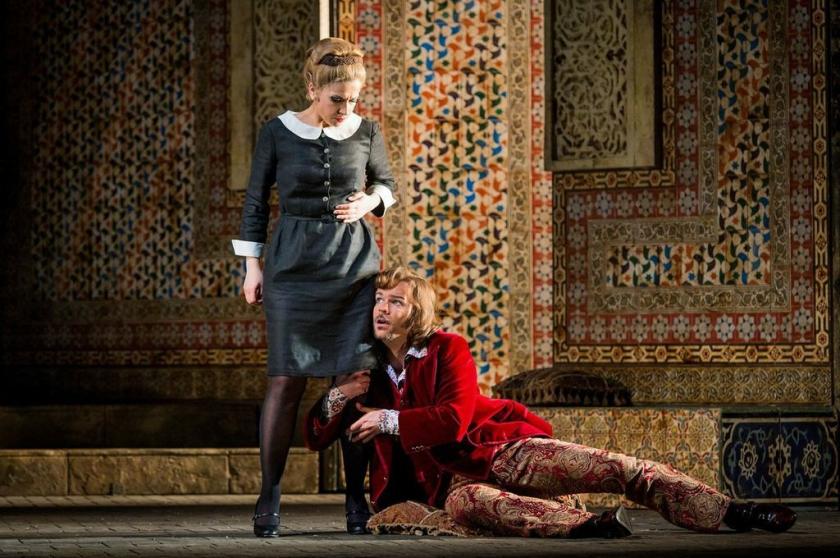



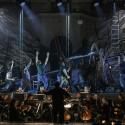
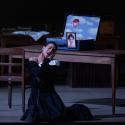
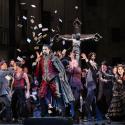

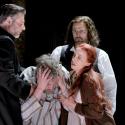
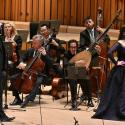
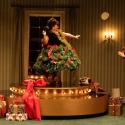
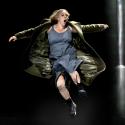
Comments
Add comment